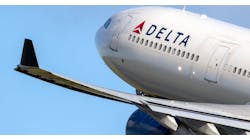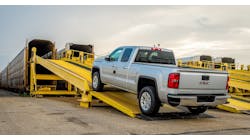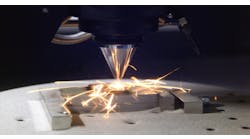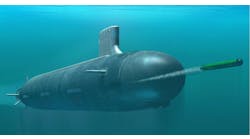The U.S. Dept. of Defense idled a majority of the U.S. Air Force, Navy, and Marine Corps F-35 Joint Strike Fighter jets to conduct an inspection of suspected defects to the aircrafts’ ejection seats. The number of affected aircraft and the time necessary to compete the inspection has not been revealed by Defense officials.
The idling has extended to F-35s operated by the U.K.’s Royal Air Force and the Israeli defense forces, according to reports.
More than 820 F-35 fighters are in service as of July 2022, mostly with the USAF, USN, and USMC, though nine other allied nations also operate the aircraft and 10 others are awaiting future deliveries.
The problem reportedly was discovered in April but undisclosed until late July. As reported, some of the cartridges that initiate a seat’s ejection are defective and missing the magnesium powder needed to ignite the propellant that causes the seat to fire free from the aircraft. In an emergency, the failure to eject could put a fighter pilot’s safety at risk.
A spokesman for Martin-Baker America Inc., the manufacturer of the ejection seats, said the problem was traced to an error in its own production process, and that it has been corrected. He did not indicate how many defective ejection seats have been identified.
The U.S. DoD stated it has inspected 2,700 F-35 ejection-seat cartridges through July 27, and identified three defective seats.
The F-35s are cleared to return to service once the seats have passed the inspection.
Maintenance issues and costs have become a growing concern of the USAF, Navy, and USMC, with various reports of defective spare parts, flight-control software revisions, and other concerns. Recently, the service arms have been struggling to source enough Pratt & Whitney F-135 engines to power the fighters, due to supply-chain failures. Last month, the U.S. General Accounting Office issued a report that as of mid-2020, 9% of the available F-35 jets were not operational.






